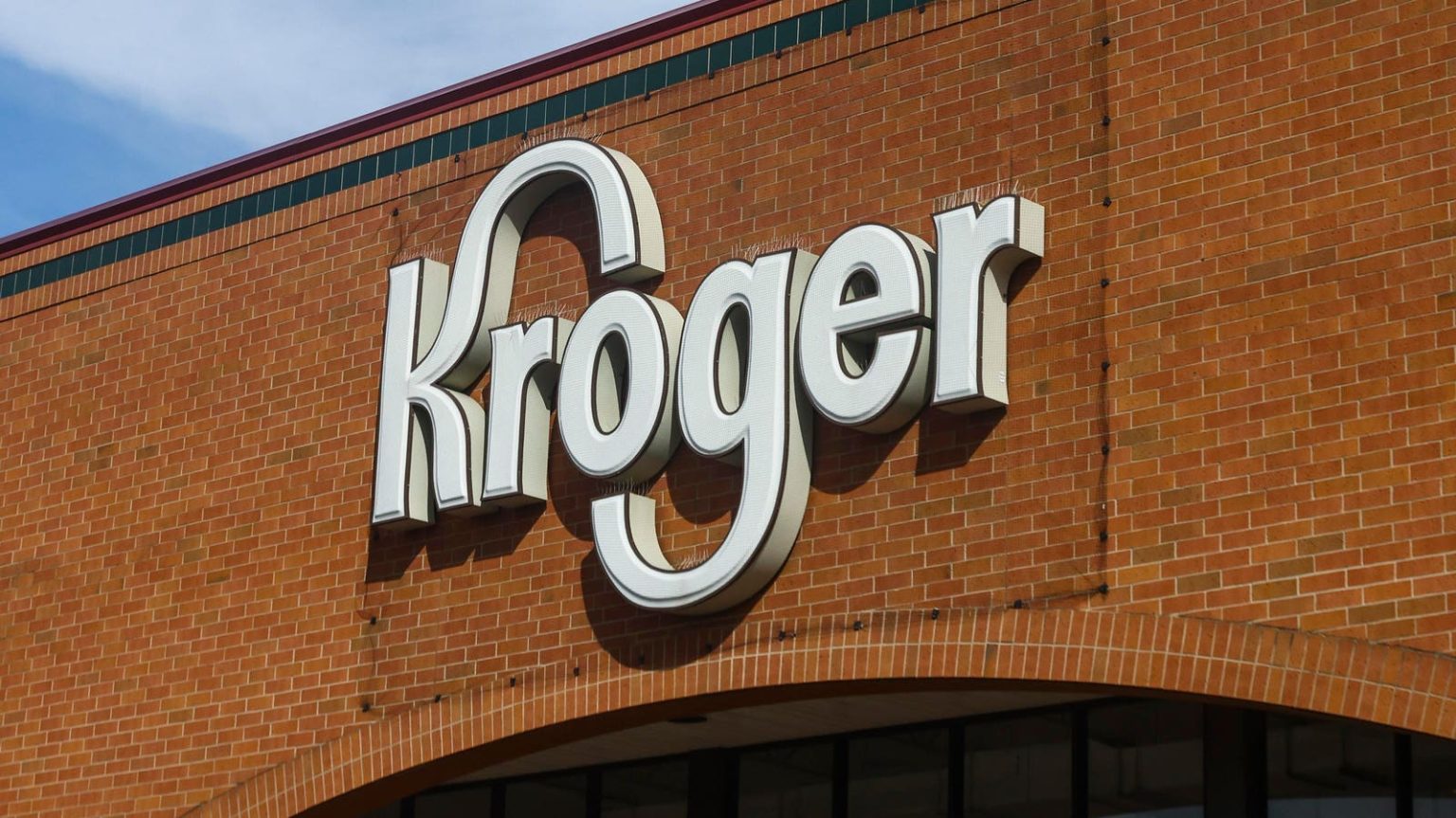The grocery industry is reeling this week from the collapse of the proposed $25 billion merger of the nation’s second- and third- largest supermarkets, Kroger and Albertsons, and the fallout is shaping up to be a full-on holiday season drama. Someone call in the Hallmark Channel.
The engagement soured after two decisions were handed down this week by two different federal judges. They sided with the Federal Trade Commission in its lawsuit to block the merger over the potential impact on consumer prices and plans to close stores that would limit access to fresh food in several regions. Then, Albertsons turned on Kroger, terminating the merger agreement and then going a step further: filing a lawsuit against the supermarket chain.
Albertsons’ lawsuit claims Kroger willfully breached its contract. Albertsons says Kroger failed to exercise “best efforts” and to take “any and all actions” to secure regulatory approval. Kroger responded that these claims are “baseless and without merit” and that it “refutes these allegations in the strongest possible terms.” Kroger added that Albertsons “repeated intentional material breaches and interference throughout the merger process.” Kroger says Albertsons has been seeking payment of the merger’s break fee, and that Kroger thinks Albertsons is not entitled to that money.
It’s quite the lawsuit, and I’ll be following it to keep you updated. I’ve written a lot about the impacts of consolidation in the food industry, and, especially in my book Raw Deal: Hidden Corruption, Corporate Greed and the Fight for the Future of Meat. I’ve detailed the harms that consumers can face when retailers merge, close stores and streamline purchasing. There’s a lot to consider.
A coalition of five local units from the largest food worker union in the U.S.—United Food and Commercial Workers—representing 37,000 Kroger workers, has even called for Kroger CEO Rodney McMullen to step down. That latest development is breaking this morning, after Kroger announced a massive $7.5 billion stock buyback just one day after the merger was blocked. That large amount is approximately 10 times the value of what Kroger had promised to put toward price reductions at its grocery stores. The money could have also gone toward the purchase of 280 new stores, or remodeling more than 3,200 stores, according to UFCW.
“The massive shareholder payout towers above the commitments the company had promised to reduce prices for consumers and to invest in wages during the recent merger fight,” according to a statement released Friday from UFCW. “Flip flopping in less than a day’s time from a strategy of aggressive growth through the Albertsons acquisition on Tuesday to one of dramatic downsizing through shedding $7.5 billion on Wednesday should be seen for what it seems to be—an attempt to buy shareholders’ mercy through a short-term boost to the stock price in order to save CEO Rodney McMullen’s job.”
Kroger denies how UFCW characterized its actions’ intent, citing “ongoing investments in lower prices and higher associate wages.” Kroger noted that share buybacks were halted for the two years the merger was in the works.
Things are getting heated! More to come!
— Chloe Sorvino, Staff Writer
This is Forbes’ Fresh Take newsletter, which every Friday brings you the latest on the big ideas changing the future of food. Want to get it in your inbox every week? Sign up here.
The Feed
Inside The Food Industry’s Biggest Buyback Of 2024
Mr. Yoshida’s Japanese-style barbecue sauce was acquired by Heinz almost 25 years ago—but the food giant nearly killed the brand. So its 75-year-old immigrant founder bought it back this year and is ready to “go, go, go.”
Why The Kroger-Albertsons Merger Was Blocked
In an historic ruling for labor and antitrust advocates, a federal judge blocked the $25 billion merger of grocery giants Kroger and Albertsons.
The Fake Burger King ‘We Don’t Snitch’ Post On X, Explained
Discover how a fake Burger King Twitter post sparked viral drama, highlighting the risks and impact of brand rivalries like Burger King vs. McDonald’s in the digital age.
Allison Ellsworth’s Approach To Creating Culture-Forward Marketing At Poppi
Allison Ellsworth shares how she is building more than just a soda brand, but a lifestyle brand centered around culture-forward moments.
Cameron Diaz And Katherine Power Discuss The Holidays With Avaline
Since launching Avaline in 2020, Hollywood star Cameron Diaz and her co-founder Katherine Power have worked hard in bringing a more transparent wine option to consumers.
Thanks for reading the 128th edition of Forbes Fresh Take! Let me know what you think. Subscribe to Forbes Fresh Take here.
Chloe Sorvino leads coverage of food and agriculture as a staff writer on the enterprise team at Forbes. Her book, Raw Deal: Hidden Corruption, Corporate Greed and the Fight for the Future of Meat, published on December 6, 2022, with Simon & Schuster’s Atria Books. Her nearly nine years of reporting at Forbes has brought her to In-N-Out Burger’s secret test kitchen, drought-ridden farms in California’s Central Valley, burnt-out national forests logged by a timber billionaire, a century-old slaughterhouse in Omaha and even a chocolate croissant factory designed like a medieval castle in northern France.
Read the full article here





